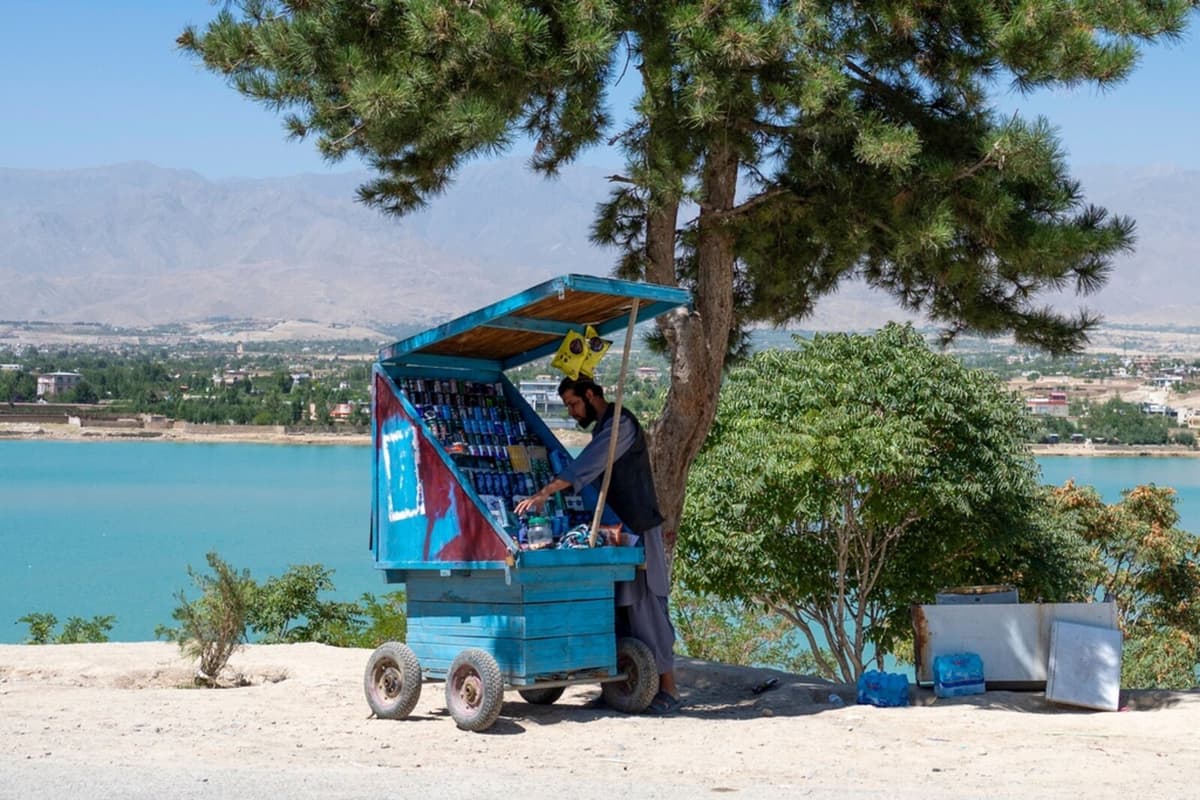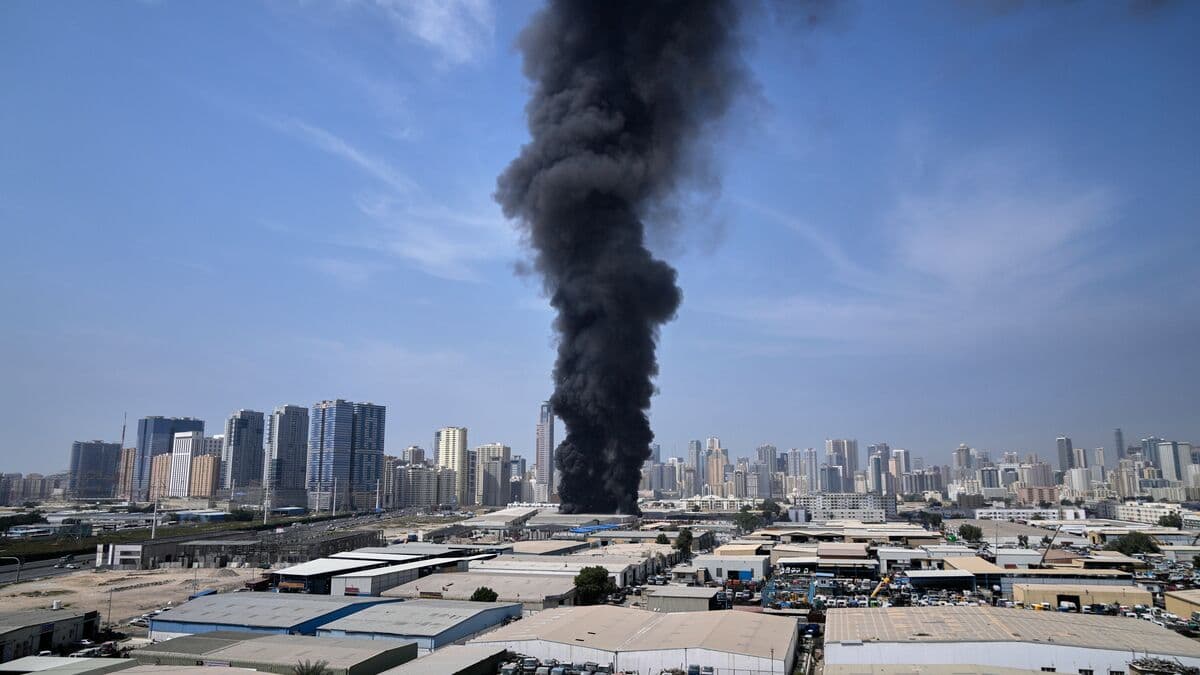Along a road on the outskirts of Kabul, vendors stack colorful energy drinks high while traffic thunders by.
It takes away people's fatigue. It's their joy in life, says seller Ahmad Gulab.
Alcohol is prohibited, but advertisements for caffeine- and sugar-pumped energy drinks are seen on large billboards along the roads – even more so than the Taliban's own propaganda.
The Taliban movement, which regained power in Afghanistan in 2021, has removed most signs of Western influence. But energy drinks, which spread with American soldiers in the country, remain and are consumed by Afghans of all ages, even small children.
Energy drinks have become a habit and an addiction for people, says Milad Ghaznavi, whom AFP's reporter meets in a grocery store in Herat, where 40 different varieties are sold.
"Drinking energy"
40-year-old Gulzar drinks four cans of Hit energy drink during his 14-hour workday.
We work here, we sweat, when we're tired, we drink energy, he says.
Excessive caffeine intake can lead to high blood pressure, heart palpitations, anxiety, and insomnia, according to the US Food and Drug Administration (FDA), but Gulzar doesn't think he has a choice.
Afghanistan is more than poor. If we had the opportunity, we wouldn't use this, he says.
Supplement
Many Afghans see the drinks as a supplement to an inadequate diet, which is what nearly 90 percent of the population lives on, according to the UN's World Food Programme (WFP). A large part of the population skips meals and reduces their food portions.
At Pamir Cola in the city of Herat, over a million cans of energy drink are produced every day, according to the company's own figures. The entire industry is estimated to produce enough for the country's 40 million inhabitants to drink two cans each day. However, the figures are difficult to verify due to a lack of reliable statistics.
45-year-old Zahir Shah Bahaduri runs Pamir Cola with his brothers. He says business is going well and will likely get even better in the future. He claims that energy drinks are good for the country's inhabitants.
For people in Afghanistan who do hard work and don't have good food, it's the best way for them to drink energy drinks.
Afghanistan is an Islamic republic with a gender-segregated society. The ultra-conservative Taliban, who rule the country, call it an Islamic emirate. War has ravaged the country almost constantly since the late 1970s, and the economy and infrastructure lie in ruins.
The Soviet Union's invasion in 1979 was followed by a prolonged war between the communist regime and Islamist mujahedin groups, backed by the US. After the takeover in 1992, the militia groups soon turned their weapons against each other. The chaos and war fatigue paved the way for the fundamentalist Taliban movement, which took control of the country within a few years.
After the terrorist attacks in the US on September 11, 2001, US-led forces entered Afghanistan and ousted the Taliban regime. Attempts to rebuild the country have since been marked by violence and setbacks.
After taking office as US President, Joe Biden promised that all American soldiers would have left Afghanistan by September 11, 2021, the 20th anniversary of the terrorist attacks. In August 2021, the US left the country, and the Islamist fundamentalist Taliban movement took power through a lightning-fast offensive.
Sources: National Encyclopedia, Land Guide/UI.






